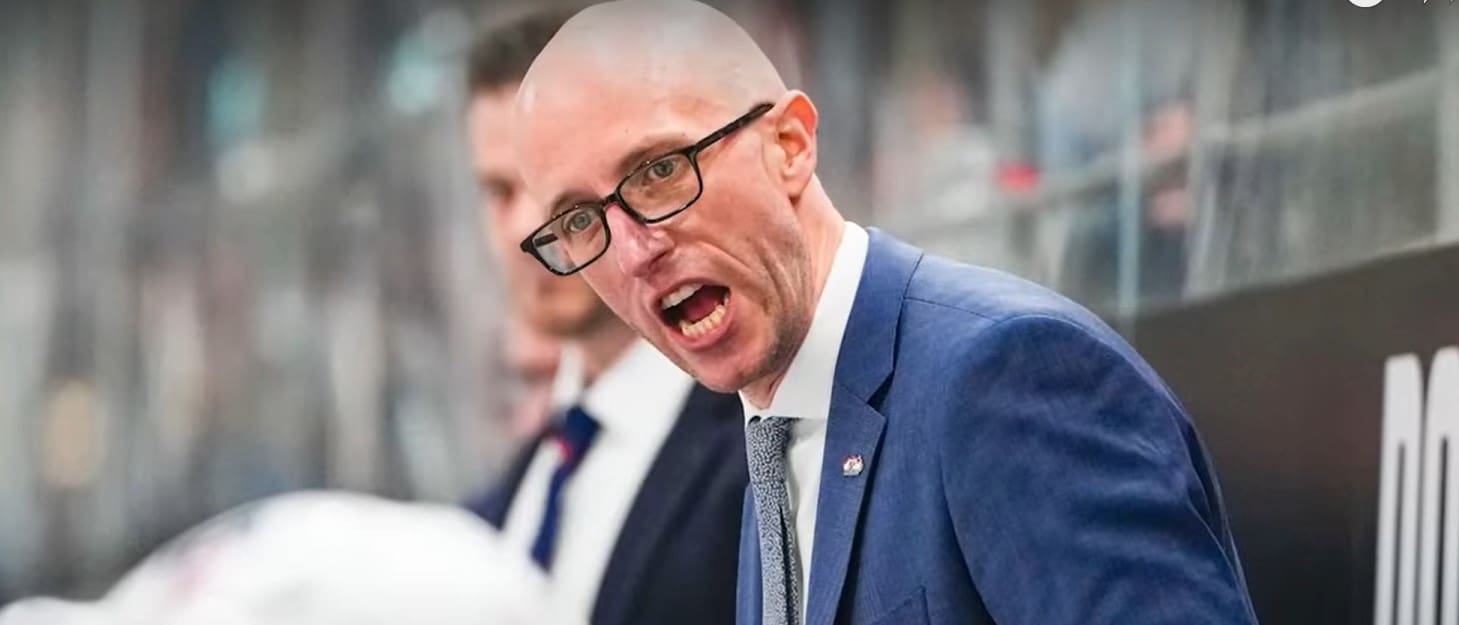Penguins
Molinari: Who Should Be Part of Dan Muse’s Staff

Kyle Dubas made a bold move when he hired Dan Muse to replace Mike Sullivan as coach of the Pittsburgh Penguins.
Whether it was a wise one probably won’t be clear for many months. Maybe a few years.
But there’s no question that it was a gutsy call to give the keys to the franchise to a guy who barely is older than some of the guys he’ll be coaching.
And, perhaps most importantly, to one who never has been a head coach in professional hockey.
Sure, Muse spent five years as an assistant to Peter Laviolette with Nashville and the New York Rangers, but has only run a bench in college and junior hockey.
And there is a difference between calling the shots in the NHL and doing it with rosters made up largely of teenagers.
Exhibit A: Mike Johnston.
He, like Muse, had extensive experience as an NHL assistant, having spent eight seasons in Los Angeles and Vancouver, followed by an impressive six-year run with Portland of the Western Hockey League.
Johnston certainly seemed eminently qualified when then-GM Jim Rutherford selected him to replace Dan Bylsma as coach in 2014.
Indeed, when Johnston was hired, a longtime observer of his work fired off an unsolicited email praising almost everything about him, and all but guaranteeing that he was the ideal choice to get the Penguins to perform to their potential.
He wasn’t.
Not even close.
Johnston lasted only one full season and part of another before Rutherford fired him and brought in Sullivan.
Johnston returned to the Winterhawks the following season, and has continued to do quality work there.
Of course, by the time Johnston was back in Portland, Sullivan already had won the first of two consecutive Stanley Cups.
Precisely why Johnston didn’t work out can be debated, but his lack of experience at being a head coach at this level probably belongs on the list. (It must be noted that Rick Tocchet, who was added to his staff, had had a brief run as head coach of a then-dysfunctional Tampa Bay club.)
That is not to suggest that every NHL coaching hire should be a retread – if that were the case, the league eventually would have to cease operations when all those in the pool of 32 eligible coaches retired or expired – but that there is an extra element of risk when hiring someone who has not been in charge of an NHL club.
There can, for starters, be challenges of interacting with players who make seven- and eight-figure salaries, and have commensurate talent and egos. Especially if the coach in question is closer in age to siblings of those players than to their parents.
Which is why Dubas and Muse should prioritize trying to find someone who has been an NHL head coach to add to Muse’s staff as he constructs it.
Someone who not only can coach the forwards, defensemen, power play or penalty-kill, but who can help Muse navigate difficult situations, especially those off the ice, because he already has gone through them.
There’s nothing wrong with making such a hire first among equals on the staff. Name him associate coach, instead of an assistant.
Titles don’t matter. Results do.
Now, perhaps even an aggressive search won’t turn up a former head coach who not only is qualified to fill the role, but is willing to be a second-in-command.
Who isn’t going to fire off a resume every time another NHL club fires its coach.
Who is willing to be a mentor, while still deferring to the authority of the head coach.
It definitely should not be someone who would make Muse fear for his job security, who would be viewed as a replacement-in-waiting the first time Muse makes a mistake.
And he absolutely will do that.
Not because he’s a first-time NHL head coach, but because he’s human.
Dubas firmly committed to the franchise’s future when he brought in a 42-year-old to learn and grow with the team. It’s only fair that he also tries to give Muse a veteran helper who can teach him the finer points of a job unlike any he has had to this point in his career.


